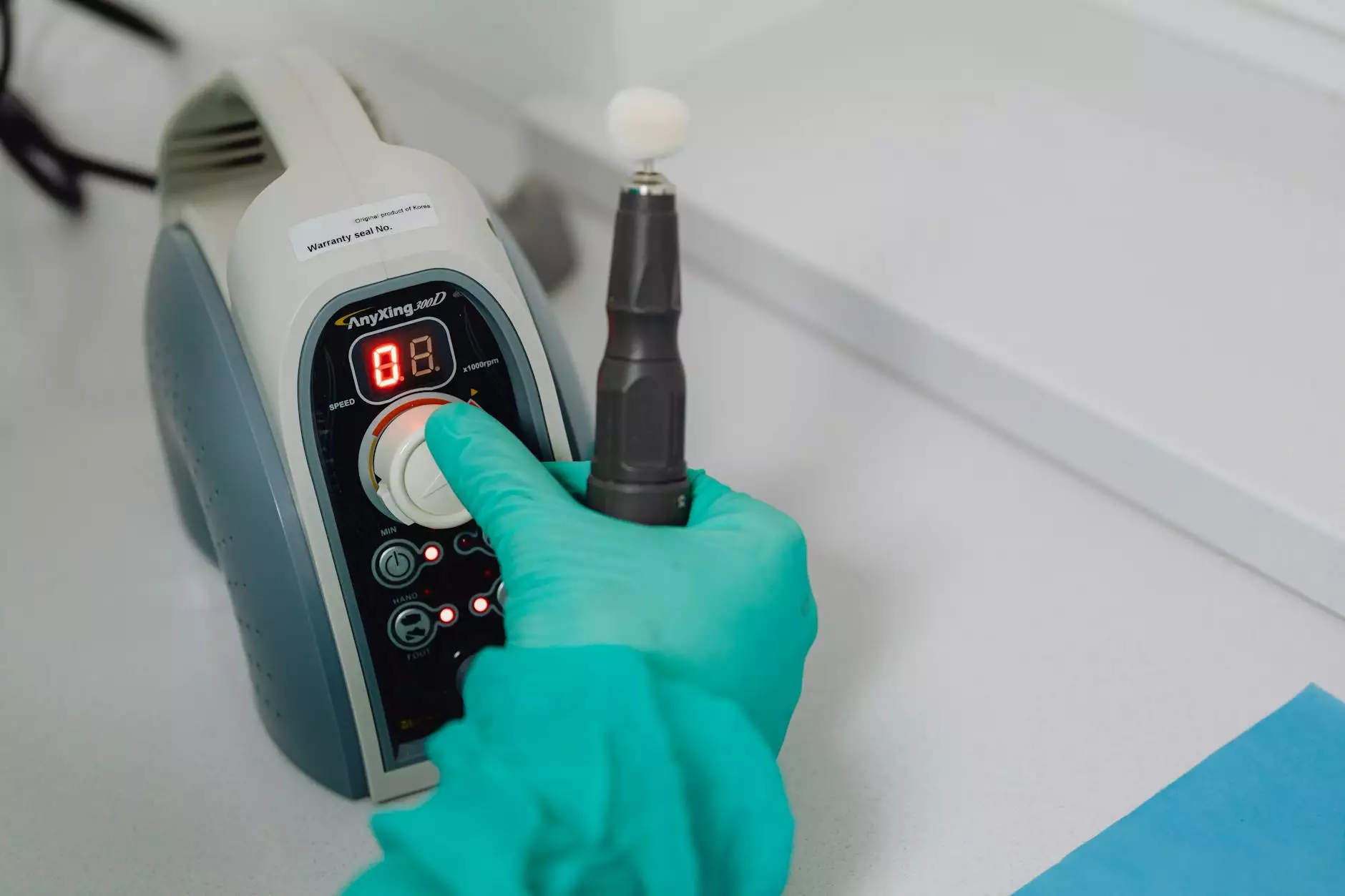Becoming a Medical Billing and Coding Specialist: Your Path to a Rewarding Career

The healthcare industry continues to evolve, and with it, the demand for competent professionals in various fields rises. Becoming a medical billing and coding specialist is one of the most promising career paths in this dynamic sector. This role not only offers job security but also provides an opportunity to contribute significantly to patient care and healthcare administration. In this extensive guide, we'll explore everything you need to know about this career, including the necessary skills, educational requirements, job prospects, and more.
Understanding Roles and Responsibilities
A medical billing and coding specialist plays a crucial role in the healthcare system. They are responsible for:
- Translating Medical Records: Specialists convert healthcare services rendered to patients into standardized codes used for billing and insurance purposes.
- Ensuring Compliance: They must adhere to legal regulations and insurance policies when it comes to coding and billing procedures.
- Managing Patient Information: Maintaining accurate patient records to ensure proper billing and avoid errors.
- Communicating with Insurance Companies: They liaise with insurers to secure reimbursements for healthcare providers.
- Analyzing Claims: Reviewing and verifying claims to ensure accuracy and appropriate billing.
Why Choose a Career in Medical Billing and Coding?
There are numerous reasons to consider becoming a medical billing and coding specialist:
1. Job Security
The healthcare sector is one of the most stable industries globally, and as it continues to grow, so does the need for billing and coding professionals. This career offers excellent job stability, especially in the post-pandemic world where healthcare services are more essential than ever.
2. Competitive Salary
According to the Bureau of Labor Statistics, medical billing and coding specialists earn a competitive salary, with opportunities for advancement leading to even higher compensation over time. The financial rewards are significant, especially when you gain experience and certifications.
3. Flexibility
This career often offers flexible working arrangements, including remote work options, which are appealing for those seeking a better work-life balance. Many employers provide opportunities to work from home, allowing you to manage your time effectively.
4. Short Training Period
Unlike many medical professions that require extensive education, becoming a medical billing and coding specialist often requires only a certificate or associate degree which can be completed in a relatively short time. This means you can enter the workforce sooner than you might in other fields.
Essential Skills Required
To excel and thrive in the field of medical billing and coding, certain skills are essential:
- Attention to Detail: Coding requires precision. A single error can result in lost revenue for healthcare providers and complications for patients.
- Analytical Skills: The ability to analyze complex medical information and apply appropriate codes is crucial.
- Technical Proficiency: Familiarity with coding software and electronic health records (EHR) systems is a must.
- Communication Skills: Professionals often need to communicate clearly and effectively with other healthcare staff and insurance companies.
- Knowledge of Medical Terminology: A good understanding of anatomy, diagnoses, and treatment procedures will significantly enhance coding accuracy.
Educational Pathways
To become a medical billing and coding specialist, pursuing a formal education is highly recommended. You have several pathways you can follow:
1. Certificate Programs
A certificate in medical billing and coding can often be completed in less than a year. These programs typically cover key areas such as:
- Medical Billing Processes
- ICD Coding
- CPT/HCPCS Coding
- Health Information Management
Many community colleges and vocational schools offer these programs, providing a quick route to employment.
2. Associate Degree
To build a more extensive knowledge base, pursuing an associate degree in medical billing and coding gives you a comprehensive understanding of healthcare systems along with practical coding skills. This degree typically takes about two years to complete and includes an internship component.
3. Online Courses
With the rise of digital education, many accredited institutions now offer online courses. This option offers flexibility for working adults to learn at their own pace, making it a popular choice for aspiring specialists.
Certifications to Advance Your Career
While not mandatory, obtaining professional certification can significantly enhance your job prospects and earning potential. Popular certifications include:
- Certified Professional Coder (CPC): Offered by the American Academy of Professional Coders (AAPC), this is one of the most recognized certifications in the field.
- Certified Billing and Coding Specialist (CBCS): Administered by the National Healthcareer Association (NHA), this certification focuses on billing and coding processes.
- Registered Health Information Technician (RHIT): Provided by the American Health Information Management Association (AHIMA), this certification indicates a higher level of expertise in health information management.
Job Outlook and Opportunities
The employment outlook for medical billing and coding specialists is incredibly positive. As per the U.S. Bureau of Labor Statistics, the field is projected to grow by approximately 8% between 2020 and 2030, much faster than the average for all occupations. This increase is driven by the aging population, which requires more healthcare services, and the transition to electronic health records that necessitates accurate coding for reimbursement.
Opportunities can be found in various settings including:
- Hospitals
- Physician's offices
- Health insurance companies
- Government agencies
- Healthcare consulting firms
The Future of Medical Billing and Coding Specialists
As technology advances, the role of medical billing and coding specialists is evolving. With the advent of automation, many coding procedures are becoming computerized, but becoming a medical billing and coding specialist will still require a human touch for complex coding scenarios and patient interactions. Keeping abreast of industry changes, regulations, and technological advancements will be crucial for long-term success in this career.
Conclusion
In summary, becoming a medical billing and coding specialist is an excellent career choice for those interested in making a significant impact in the healthcare field. The combination of job security, competitive salary, flexibility, and a short educational path makes it a highly attractive option. By acquiring the right skills and certifications, you can embark on a fulfilling career that not only supports the healthcare system but also ensures that you are an integral part of patient care.
Are you ready to take the first step toward this rewarding career? Explore the available courses for medical billing and coding at pmbausa.com today and unlock your potential!









